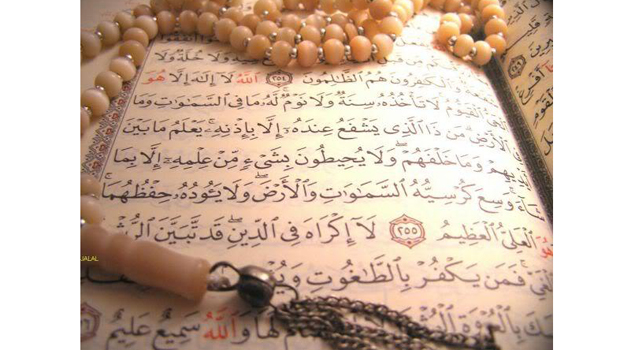While the date palm tree is called “nakhl,” the fruit is called “tamr” in Arabic.
The date palm, mentioned more than any other fruit-bearing plant in the Qur’an, is a symbol often associated with Islam and Muslims. Throughout the month of Ramadan, dates are a common ingredient in the Muslim diet.
The Prophet said: “Break your fast by eating dates as it is purifying,” (Ahmad).
On the basis of this Hadith, Muslims insist on breaking their fasts with dates. However, in another Hadith, the Prophet said, “If you have a date, break your fast with it, if you don’t have it, break the fast with water as it is purifying.” (Abu Dawood)
According to another Hadith, “The Messenger said: Ajwah dates are from Paradise.” (Al-Tirmidhi)
Ajwah is one of the excellent varieties of dates grown in the Madinah region.
In Surah Maryam of the Holy Qur’an, Allah provided Prophet Isa’s (peace be upon him) mother Maryam (peace be upon her) with fresh dates when she was experiencing discomfort and pain during the final stages of her pregnancy.
“Shake the trunk of the palm toward you and fresh, ripe dates will drop down onto you.” (Surah Maryam: verse 25)
The significance of the date palm as a source of nutrition and sustenance is evident in the statement narrated by Ibn Umar (may Allah be pleased with him): “The Prophet said there is a tree among the trees which is similar to a Muslim (in goodness), and that is the date palm tree.” (Bukhari)
In another Hadith, the Prophet stressed the importance of dates as a major food item, saying, “People in a house without dates are in a state of hunger.” (Muslim)
The excellence of date palms is also referred to in the following verse of the Holy Qur’an: “And in the earth are tracts (diverse though) neighboring, and gardens of vines and fields sown with corn, and palm trees — growing out of single roots or otherwise: watered with the same water, yet some of them We make more excellent than others to eat. Behold, verily in these things there are signs for those who understand.” (Surah Al-Raad, verse 4)
The date is also referred to in the Holy Qur’an as one of the blessings that would be offered in Paradise.
In several traditions the Prophet ate dates with some other fruits and vegetables. “Abdullah ibn Jaafar, may Allah be pleased with him, said the Messenger ate cucumbers with dates.” (Al-Tirmidhi) According to two other traditions recorded by Al-Tirmidhi, the Prophet ate dates with watermelon or muskmelon.
The Prophet also taught his disciples that the date was not only an antidote to poison but also an effective defense against black magic. “Whoever eats seven dates of the High Land of Madinah in the morning will not be hurt by poison or sorcery on that day.” (Bukhari)
“Rubay bint Mu’awwidh ibn Afraa said: ‘I took a plate of fresh dates and small cucumbers to the Messenger. He gave me a handful of jewelry, or a handful of gold.’” (Al-Tirmidhi)
In another Hadith, the Prophet exhorted the believers that “you should defend yourselves from the hellfire even with a piece of date.”
It has also been reported that the Prophet used to put chewed dates or honey into the mouths of newborn babies.
Reference to the palm tree could also be seen in chapter Qaf, Al-Shuara and Al-Nahl of the Holy Qur’an. In early descriptions of the Prophet’s Mosque in Madinah, historians state that the leaves of the date palm were used as a roof covering.










